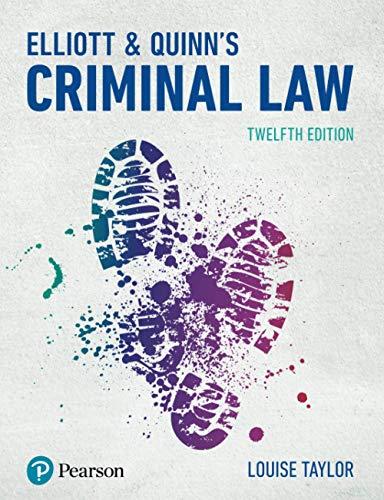Because an expression of an opinion is not a promise it follows that it is not an offer. This distinction is crucial, as illustrated by the doctor-patient relationship. It is generally held that a doctor is not liable in contract for breach of an implied promise to possess skill commensurate to that possessed by colleague similar localities. For a failure to live up to that standard it has generally been held that the patient is li o a tort action for negligence, commonly known as malpractice. A physician, however, is free to enter into a binding express contract. Thus, courts have held a physicia or breach of a promise to cure, or obtain a specified result, or administer a prescribed treatment. in each of these cases the question is whether the defendant made an offer or merely expressed an op Under the tentative standard adopted, this is determined by inquiring whether a reasonable person in t position of the plaintiff would conclude that the defendant made a promise or merely stated an opinion. Sometimes this is a question of law; at other times a question of fact. itements of Intention, Hopes and Desires and Estimates If A says to B, "I'm going to sell my car for $450," and B replies, "Here is $450 I will take it," there is no contract because a reasonable person would conclude that A was stating an intention and made no pro Similarly, an announcement that an auction will be held is deemed to be a statement of intention, desp act that "will" is a word commonly used as a promise. For example, if A says to B: "If you paint my ho will pay $3000," it is clear that in context the words "I will pay" mean "I promise to pay." However, an memorandum from a corporate officer to its accounting department concerning compensation of an em s not an offer, because an offer requires communication to the offeree. Businesses frequently sign "letters of intent." These documents are usually understood to be noncomm statements preliminary to a contract. There is, however, no magic attached to the phrase "letter of int commitment may be found to have been made. "Because of their susceptibility to unexpected nterpretations, it is easy to understand why letters of intent have been characterized by at least one practitioner as an 'an invention of the devil'." Also, in modern business context, statements of intention n a given manner may often be regarded as statements of policy rather than promises. Statements of wishes, hopes, or desires are not promises or offers. Similarly, an estimate is not general offer. A reasonable person would conclude that the party who is giving an estimate is not promising to job for the price named but thinks that the job can be completed for a sum in that neighborhood. If the person who makes an offer based on an estimated price is asked whether he will agree to do the work price, the offeror will often state that a firm price must be higher in order to cover unknown contingenc should be clear, however, that the word "estimate" itself is not conclusive because "estimate" in contex be used in the sense of "offer." For example, if the party in response to an invitation to bid says "I estir such an amount, this may be deemed to be an offer. quiry or Invitation to Make an Offer If A writes to B asking, "Will you sell me your property on Reckledge Drive for $50,000?," this is not an but an inquiry. A question is not an offer because it seeks information and does not amount to a comm If B replied, "make me an offer," this obviously would be a statement inviting A to make an offer. The same process is illustrated in the case of Owens v. Tunison. Plaintiff wrote to defendant, "Will you our store property * * * for the sum of $6,000?" This was an inquiry. Defendant answered "it would n possible for me to sell it unless I was to receive $16,000 cash." The court held that defendant had not an offer to sell for $16,000; defendant was really saying, "I will not entertain an offer of less than $16







